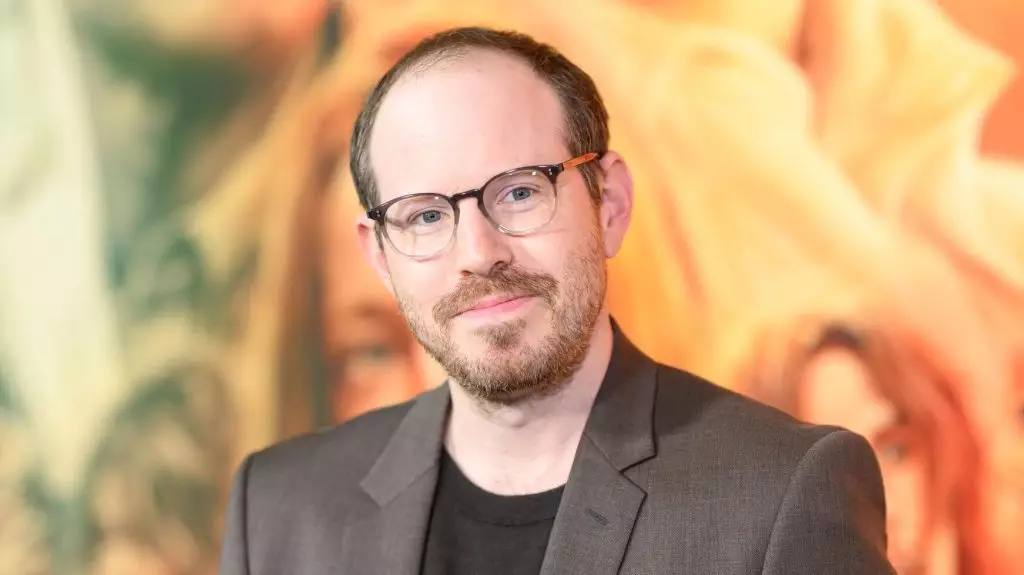Artificial intelligence, once a distant sci-fi fantasy, has rapidly cemented itself into the fabric of modern industries, especially entertainment. While technological progress can herald progress and creativity, the unchecked proliferation of AI presents an insidious risk that extends far beyond convenience or efficiency. In Hollywood, a hub of cultural influence, the enthusiastic embrace of AI is more than a technological upgrade; it’s a harbinger of a profound transformation—one that threatens to erode the very essence of authentic human expression.
The narrative of AI developing as an autonomous, almost divine force reveals a disturbing trend rooted in reverence rather than rationality. Industry insiders and engineers talk about AI as a deity, a powerful entity to be worshipped rather than a tool to serve humanity. This mindset signals a dangerous shift: technology is no longer seen as a means to augment human life but as an infallible force that demands surrender and submission. Such thinking reflects a dangerous hubris that echoes historical periods where societies placed unwarranted faith in technologies or ideologies, often to their detriment.
Hollywood’s fascination with AI-generated content exemplifies this peril. The uncanny realism of AI-produced videos and scripts betrays a disturbing truth—these machines are beginning to replicate human creativity with startling accuracy, blurring the boundaries that once protected our cultural authenticity. But as Ari Aster keenly observes, the more we normalize these “lifelike” creations, the deeper we slip into a dystopian landscape where genuine human nuance risks being replaced by hollow simulations. It’s not just about devaluing artistry; it’s about surrendering our capacity for authentic storytelling and emotional depth.
The Ethical Crisis and the Flawed Narrative of Progress
The political landscape compounds this dilemma. Legislation like Trump’s “One Big Beautiful Bill”—designed to prevent regulation of AI—illustrates a reckless prioritization of corporate and technological interests over societal safety. This law—and similar policies—undermine the safeguards needed to protect human jobs, moral standards, and cultural integrity. Hollywood’s fragmented stance—part embracing, part resisting—reveals a central tension: can we harness AI responsibly without sacrificing the soul of our creative endeavors?
Aster’s critique underscores an urgent truth: this technological race is driven by momentum rather than by foresight or ethical consideration. The tech industry’s obsession with “coolness” and “disruption” often overlooks the profound consequences of normalizing machine-generated content. The frightening part isn’t just that AI can mimic reality but that society is willingly embracing it without fully understanding or debating the ramifications. This naivety risks transforming creative industries into dystopian factories where human ingenuity is substituted with algorithms, eroding cultural diversity and authenticity.
The idea that AI is less uncanny than we think should serve as a wake-up call. The normalization of AI’s capabilities signifies a broader societal failure to confront uncomfortable truths: that unchecked technological dominance could lead to a future where human labor, creativity, and even our sense of reality are commodified and infantilized. Forecasting a future where “merging” with technology becomes inevitable ignores the profound human costs—loss of purpose, identity, and ethical grounding.
In this rapidly evolving landscape, societal oversight must become a priority. Falling back on regulatory complacency under the guise of innovation is a perilous path. Hollywood and broader society face a dilemma: do we govern AI with the cautious foresight it demands, or allow it to spiral into a force that diminishes human agency? The choice will determine whether we retain control over our cultural future or capitulate to a machine-dominated dystopia that strips away the very qualities that make us human.


Leave a Reply